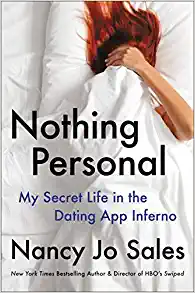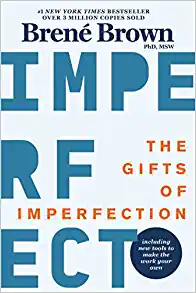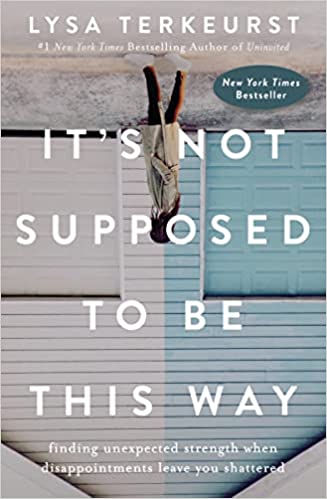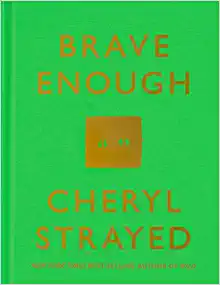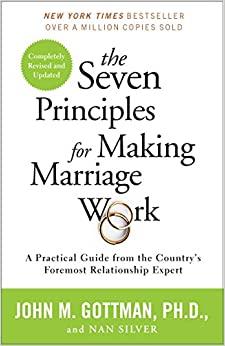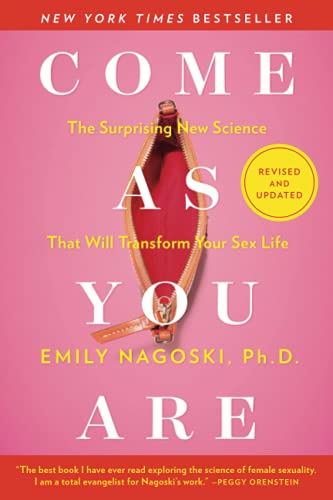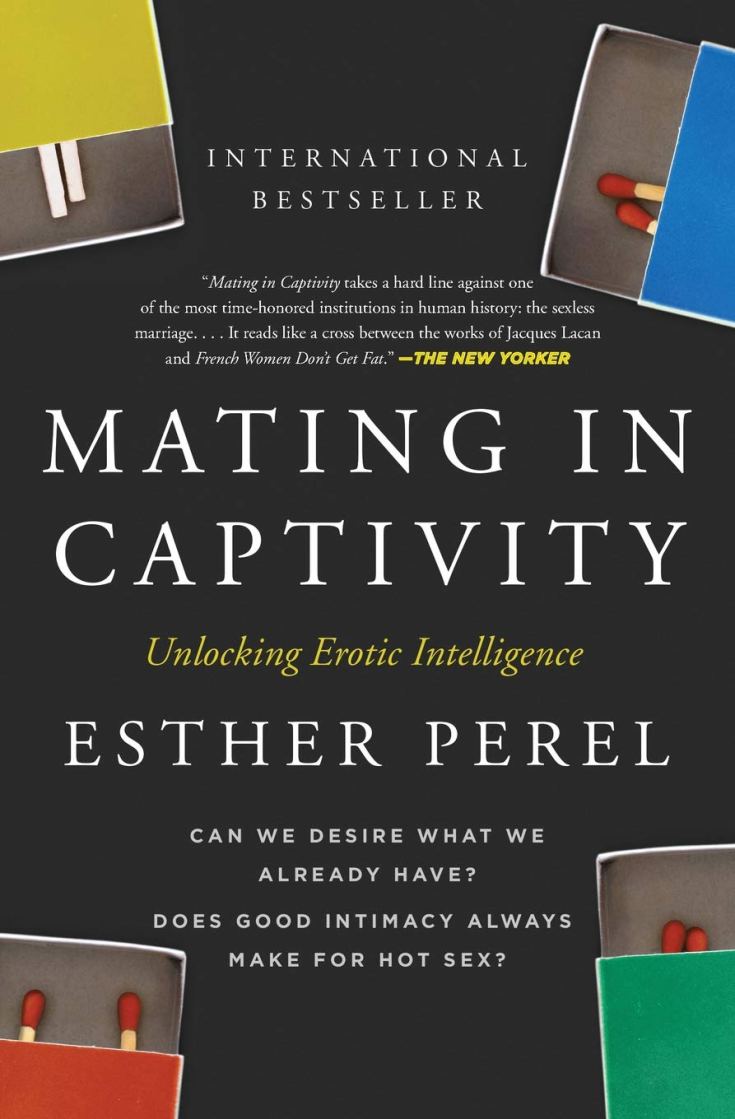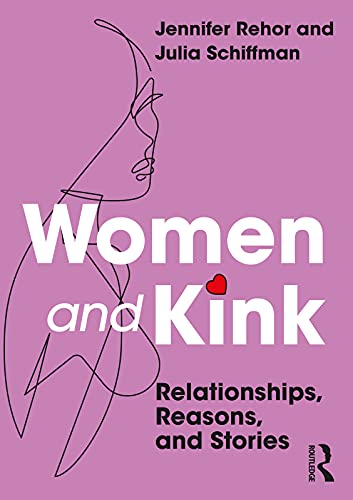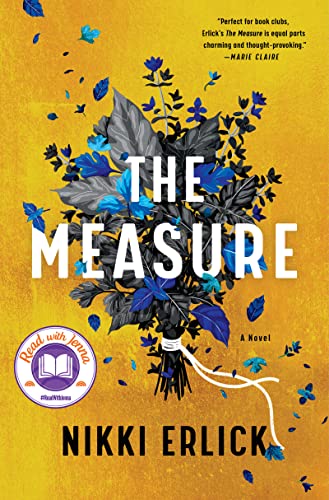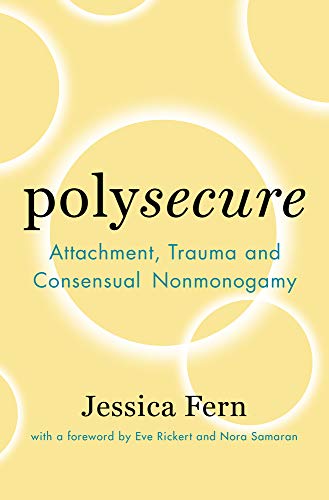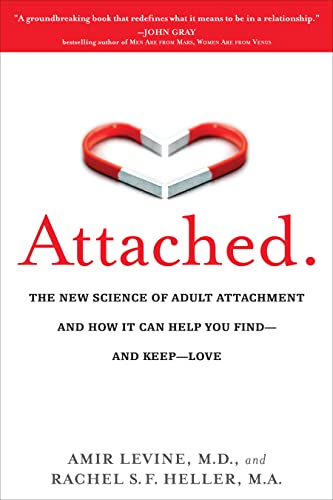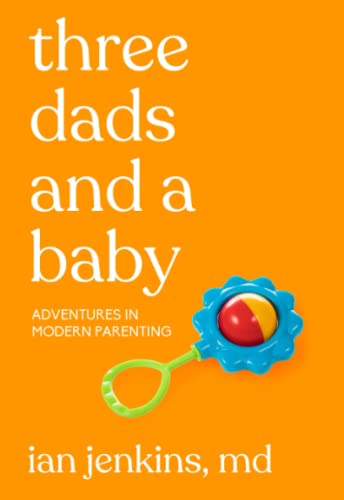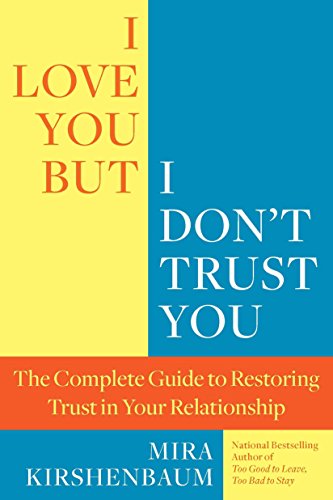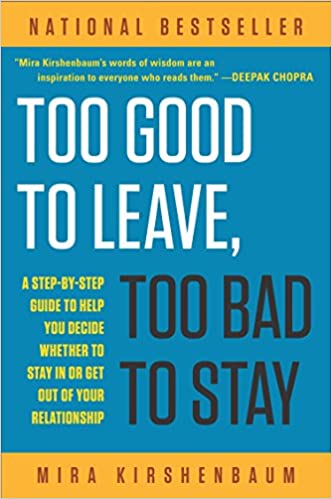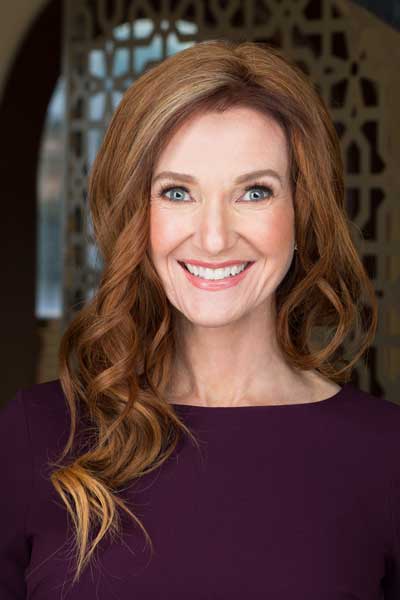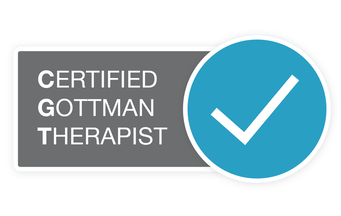I am grateful I read this book for so numerous reasons. The most important is that all my clients are generally in various kinds of grief when they first come to visit me. They are sometimes in grief because they have lost the person they love most in the world, they are in grief because their relationship ended before they wanted it to, or in a way that they are unable to make peace with. It’s also a valuable resource because most of our training to become therapists do not provide us with enough tools. We often feel inadequate as to how to provide meaningful support when someone’s world has imploded.
I really appreciated the way that Dr. Doka’s book normalized the emotions that are happening for those experiencing grief, yet he also found new ways to describe the unacknowledged losses of life that he calls disenfranchised grief. This concept blew my mind and has not left me because it was exactly the phrase that helps conceptualize what my clients are feeling when they experience grief that is not readily experienced by those around them.
This idea of isolated grief or being an outsider in a person’s grief created a vocabulary to talk about grief that doesn’t necessarily have a support group they can attend. It is the kind of grief that leaves someone feeling misunderstood and was powerful for me to be able to help normalize the experience for the clients I work with.
Luckily, I also had the opportunity to interview Dr. Doka on the podcast and he quickly became a friend of the practice. If you haven’t had a chance to listen to it, check it out here:
I also want to mention a book by Pauline Boss on understanding Ambiguous Loss which is a similar kind of isolating and fragmented grief. She has some very similar ways of looking at how the impact of grief that arrives from a loved one who is physically present but possibly not emotionally present or vice versa (like in the case of a Alzheimer’s or when a loved one is kidnaped) is another form of grief that can feel unrecognized by society. However, Boss’ language is more academic and probably best suited for therapy nerds like myself, but her concepts led to other big light bulb moments for me.

